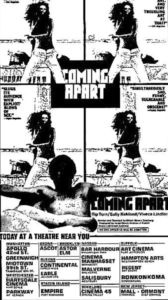|
Genres, Themes, Actors, and Directors:
- Mental Breakdown
- Peeping Toms
- Psychotherapy
- Rip Torn Films
- Womanizers
Review:
Made in a similar vein as Jim McBride’s David Holzman’s Diary (1968), this faux documentary by writer-director Milton Moses Ginsberg was filmed in one room at Kips Bay Towers in New York City, and seems explicitly designed to exploit both a narcissist’s interest in chronicling their every move — welcome to the 21st century! — and the depravity of non-consenting voyeurism. It’s a laborious affair to sit through, for all sorts of reasons — primarily Torn’s character (Joe) being such an ass, but also because so much of what we see and hear is either boring and/or demeaning — and only rarely mildly amusing.
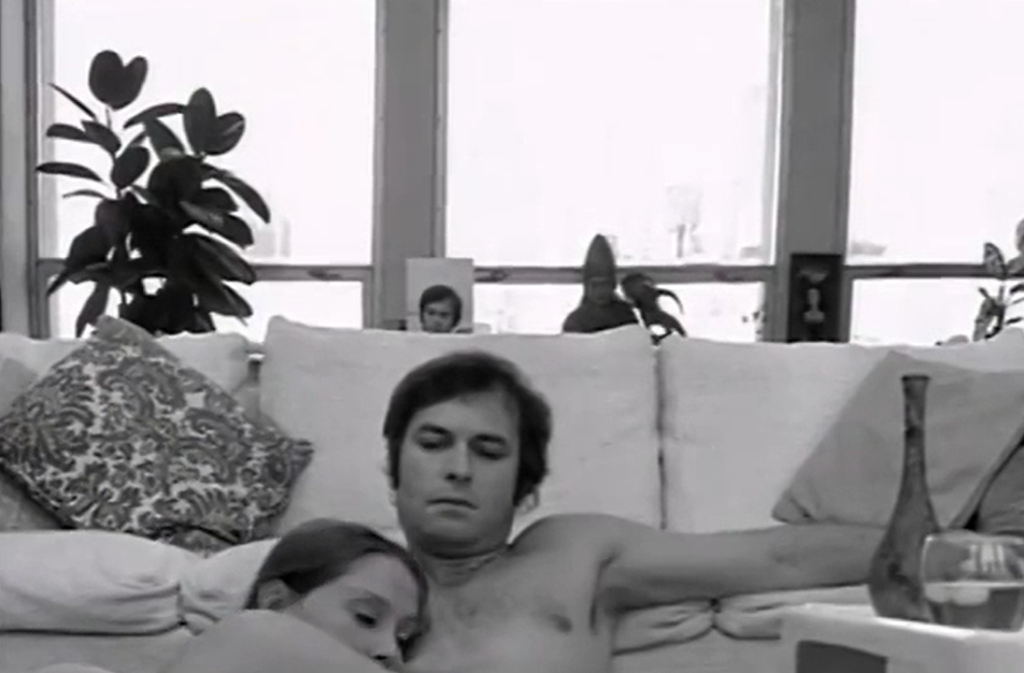
Writing about this film for the SF Gate in 1999, Edward Guthmann noted:
Time capsules can be embarrassing things. What once seemed hip and cutting-edge can reveal, after 30 years, a naivete and smug narcissism that wasn’t apparent at the time. That’s certainly the case with “Coming Apart,” an underground film that broke new ground with nudity and raw language and attempted to say something about the fallout of the sexual revolution. Starring Rip Torn and Sally Kirkland, “Coming Apart” opened in 1969 — the same year as “Easy Rider,” “Medium Cool” and “Midnight Cowboy” — but disappeared after the critics ground it up into pieces.
Rightfully so; check out Andrew Harris’s review in The Village Voice for a particularly lambasting take. For the record, notable supporting actors in this film include Viveca Lindfors as Joe’s former lover (trying to remind him about the “former” part):
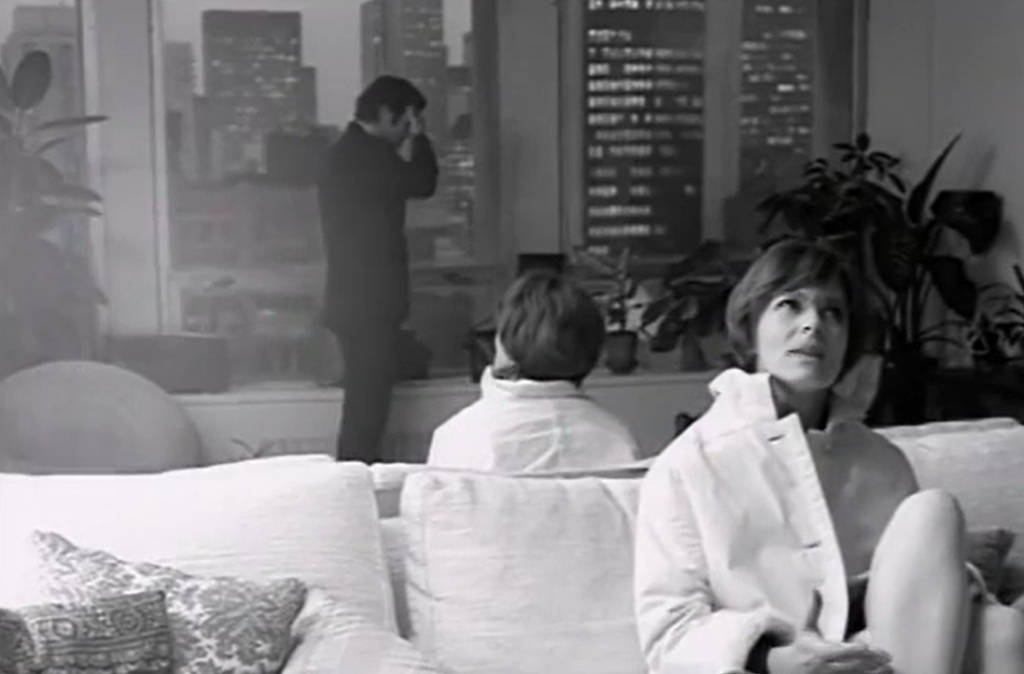
…. and Sally Kirkland as an unhinged and exhibitionist former patient.
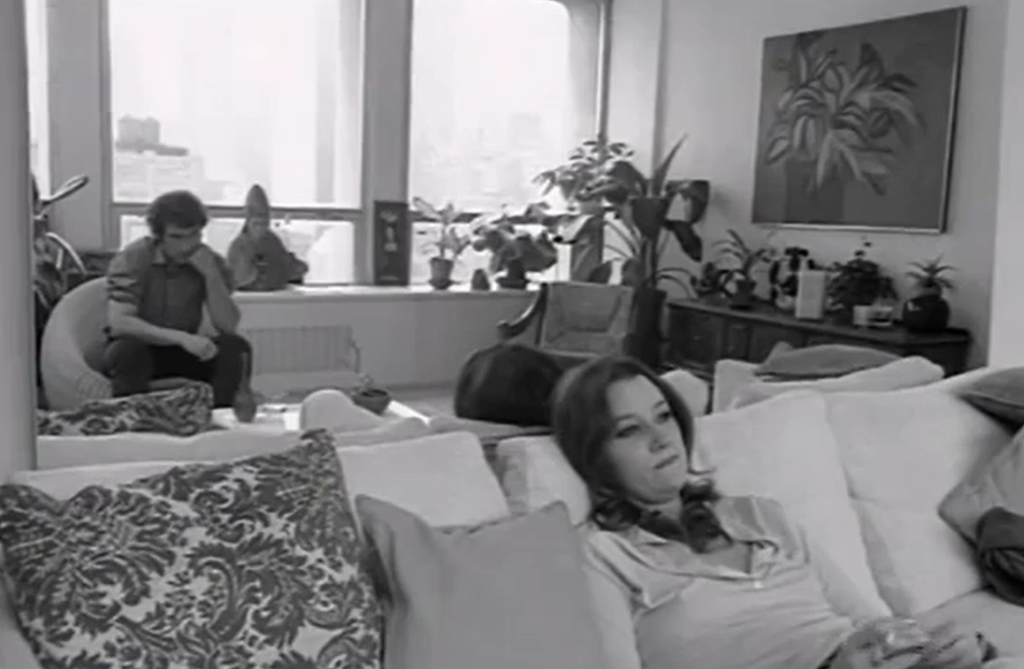
Note: Ginsberg’s only other film was The Werewolf of Washington (1973).
Notable Performances, Qualities, and Moments:
- Occasionally creative cinematic moves
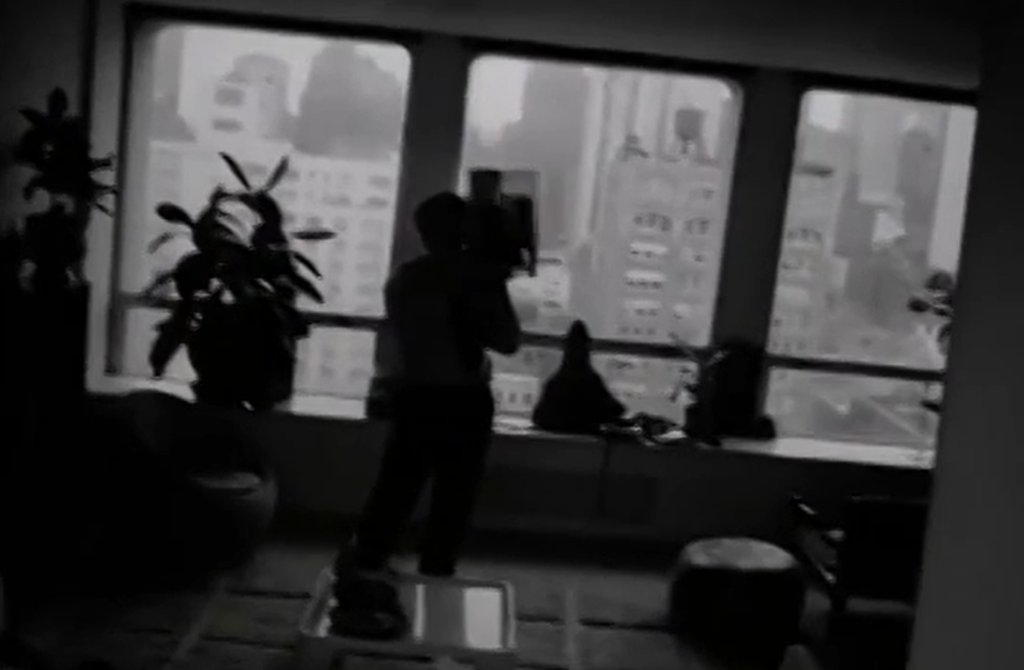
Must See?
Nope; skip this one unless you’re curious. Listed as a Cult Movie in the back of Peary’s book.
Links:
|
